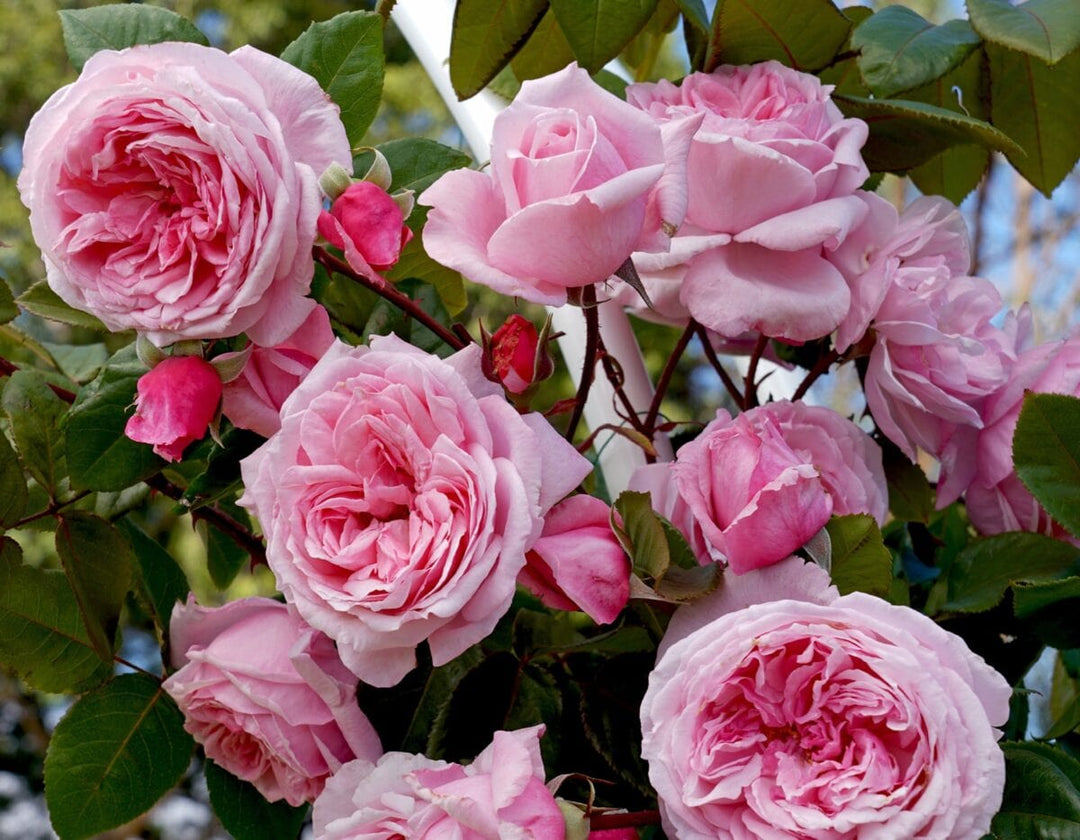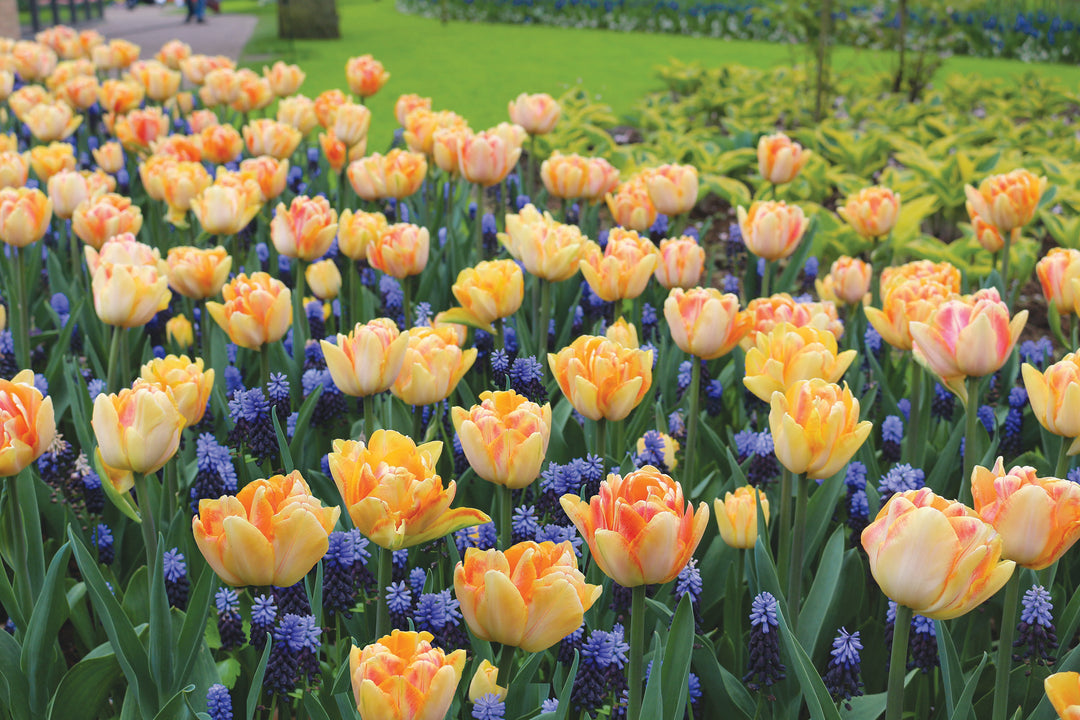BULK Bean Gold Rush Bush - West Coast Seeds
- Canada-Wide Shipping
- Flat Rate Shipping on Seeds
- Secure Payment & Checkout
- In stock, ready to ship
- Backordered, shipping soon
Phaseolus Vulgaris
- Great for freezing
- Long, straight, yellow beans
- Resistant to mosaic virus
- Open-pollinated seeds
- Matures in 58 days
Glorious flavour and crisp texture make Gold Rush bush bean seeds a great choice for pickling and freezing. The beans are bright yellow with green tips. They are borne in clusters around the stem which makes them easy to pick. The stringless pods are perfect at 10-12cm (4-5”) long. The medium sized bush plants are resistant to BCMV and tolerant of root rot. Wax beans have a pleasant, mild flavour and make a lovely change from regular green beans.
Matures in 58 days. (Open-pollinated seeds)
Approx 410 Seeds/100grams
Direct sow from mid-May to the beginning of July. Try to plant during a warm, dry spell. Soil must be warm – if it is not warm enough, seeds will rot, especially our untreated seeds. Optimal soil temperature: 21-32°C (70-90°F).
Sow seeds 2-5cm (1-2″) deep, 5-8cm (2-3″) apart, in rows 45-60cm (18-24″) apart. Thin to at least 15cm (6″) apart in each row. If the weather is too wet, beans can also be started in pots indoors and set out carefully a few weeks later. For a continuous harvest, plant at 3 week intervals. Seeds will sprout in 8-16 days, depending on conditions.
Ideal pH: 6.0-6.5. Well drained, warm soil in full sun is best. Raised beds help with both drainage and warmth. Use 1 cup of complete organic fertilizer for every wm (10′) of row. Too much nitrogen fertilizer is often the cause of poor pod set and delayed maturity. If beans flower but do not set pods, the cause can be zinc deficiency. Try spraying the plants with kelp based fertilizer. Wet leaves on crowded plants are subject to diseases. Thin plants to increase air circulation and avoid touching the leaves while they are wet.
Pick beans regularly to keep the plant producing (if pods get fat with seed, the plant will stop flowering). The smaller the bean, the more tender they are.
In optimal conditions a tleast 75% of seeds should germinate. Usual seed life: 3 years. Per 100′ row: 800 seeds. Per acre: 232M seeds.
Aphids – A hard stream of water can be used to remove aphids from plants. Wash off with water early in the day. Check for natural enemies such as gray-brown or bloated parasitized aphids and the presence of larvae of lady beetles and lacewings.
Spider mites (two-spotted) – Wash off with water early in the day. A hard stream of water can be used to remove mites.
Leafhoppers – Small, light green to grey insects that feed on the plant juices, causing stunted growth, and transferring viruses. No cultural control available.
Beans fix nitrogen in the soil. Plant with beets, Brassicas, carrots, celery, chard, corn, cucumber, eggplant, peas, potatoes, radish, and strawberries. Avoid planting near chives, garlic, leeks, and onions.
Canada Shipping
All regular packaged seed* orders have a flat rate shipping fee starting at $6.85 for Letter Mail shipping and $14.85 for Expedited Shipping.
*Some Bonus Packs, Sprouting Seeds, Bulk packs, Sprinkle Bags, and Sprinkle Cans will only be available with Expedited Shipping due to larger packaging and weight.
US Shipping
US Shipping has been suspended indefinitely. We apologize for any inconvenience this may cause. We hope to serve our US customers again in the future.










